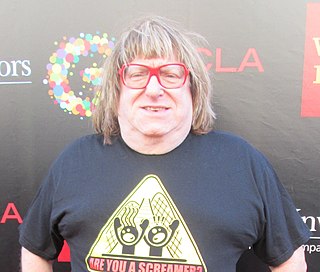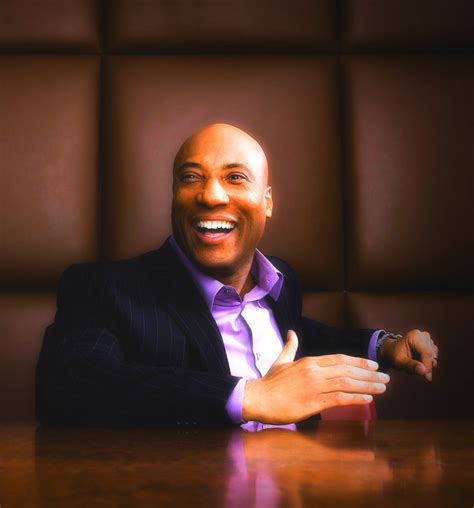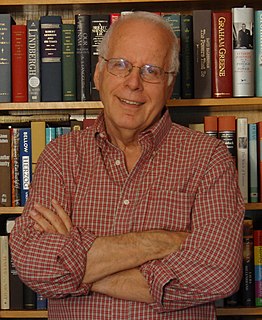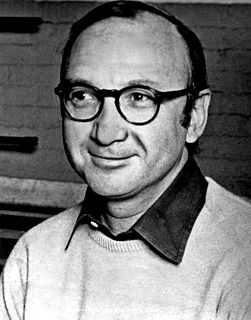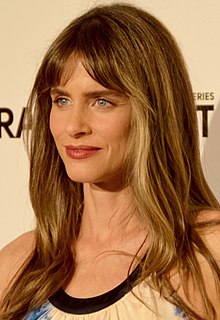A Quote by Bruce Vilanch
I have one rave 'New York Times' review framed next to a flop 'Los Angeles Times' review. And it's for the same show. These people watched the same show. That's what happens. They love it, they hate it.
Related Quotes
We're living at a time where if you do a Google search for a 'show, review and network,' you'll get 'The New York Times' and Pete Billingsley from a town you've never heard of on the same results page. It's kind of democratizing the process so that everyone has access to a distribution system to express themselves.
When 'Real People' aired in 1979, we did OK in Los Angeles and New York. What kept that show from being canceled were the ratings from the middle of the country, and that's what kept us in the top five. I learned then from co-hosting that it was important to focus on the country between Los Angeles and New York.
I wrote an op-ed piece in The New York Times about the amazing effect of shared wonder - how I have an audience filled with people who you'd think would hate each other, people from every religious category, all at the same show at the same time. And it's an amazing phenomenon to watch this shared sense of wonder, where these people who really don't like each other - for good and bad reasons, reasons that make sense and that don't make sense - are in the same room, experiencing this unification.
As a journalist, I never critiqued anyone. I never review books. I've never felt qualified as a musician to say whether someone is a good musician or a bad musician. What happens with Black writers and Black artists is that if you're critiqued, for example, by a Black historian who wants to get his name on the cover of "The New York Times," and he says something, like, wacky, well, he'll get his name on the cover of "The New York Times" and he might get tenure, and your career suffers.
